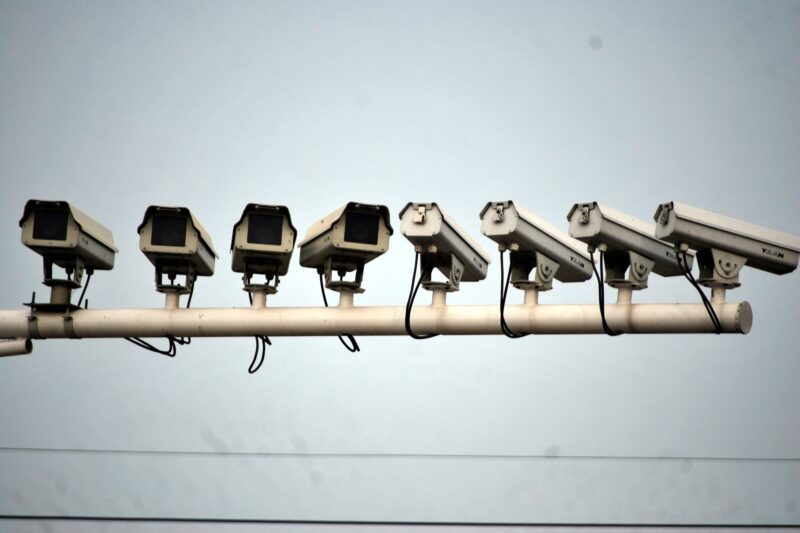Schemes that force people to pay more to earn a living are never going to be popular but will be accepted – as long as they are fair.
London’s pollution-cutting ULEZ is one of these, but when a motorist such as a taxi driver has upgraded their vehicle to something that is emissions compliant and receives a fine for driving in the capital, they understandably feel unfairly treated.
Similarly, someone with a non-compliant petrol or diesel vehicle who receives a dreaded penalty notice yet whose vehicle has never been to London – or it can be proved was elsewhere at the time in question – will be angry.
There are some drivers who just decide to take the hit and drive older, polluting vehicles in any of London’s boroughs and deal with the charges as they come in. For a taxi driver with a non-compliant vehicle, this would add £12.50 a day to their costs.
ULEZ Fines overturned
But problems have arisen with ULEZ cameras wrongly identifying vehicles, often after misreading number plates, or only seeing partial plates. Once fines have been issued, drivers have to prove that their vehicle is compliant, or that it is not the vehicle caught on camera.
In some cases, this has been extremely easy, with tickets issued to vehicles that are different make, model and even colour to the one caught on camera.
One motorist who donated his car to the Ukraine army received penalty notices, even though he no longer owned the vehicle which was 1,400 miles away at the time of the alleged offence.
The Daily Mail reports chartered accountant Charles Cooper drove his Volvo to Ukraine to donate it to the army last August. But when he returned from holiday in Greece two months later, he received fines and letters threatening legal action over unpaid ULEZ charges.
Not only did Mr. Cooper’s lawyers argue that his car was in another country at the time, they were able to show that the number plate didn’t match either. He has since received an apology and all fines and threats of legal action have been cancelled.
The camera never lies
In other cases, partial number plate matches have led to fines being issued to the wrong drivers, or drivers whose plates had been cloned.
One victim was Arthur Bailey’s son, who lives in Manchester and received a fine for driving a Ford Mondeo in London.
Mr. Bailey told The Telegraph: “The vehicle in the photograph, the ‘proof’ of the alleged crime, was clearly a completely different vehicle, possibly a Nissan SUV and certainly not the Mondeo he owned which had never been within 100 miles of London.”
TfL waived the fine after establishing the number plate had been cloned.
Another driver discovered that he was paying for two vehicles on his ULEZ account – his own and another that had a number plate similar to his personal plate. TfL apologised and refunded the extra charges.
As well as cloned and partial number plates, nearly 1,000 drivers in north west London were wrongly fined by a ULEZ camera which had been installed facing the wrong way and captured innocent drivers outside the zone.
Mistakes do happen, but it is worrying that the situation can quickly escalate and innocent motorists such as taxi drivers are threatened with legal action and bailiffs through no fault of their own.
As well as the distress this can cause, if it is not quickly rectified, it can have a serious effect on their finances and their business. Even if it is an obvious mistake, drivers must make sure it is resolved as quickly as possible to avoid problems in future.


